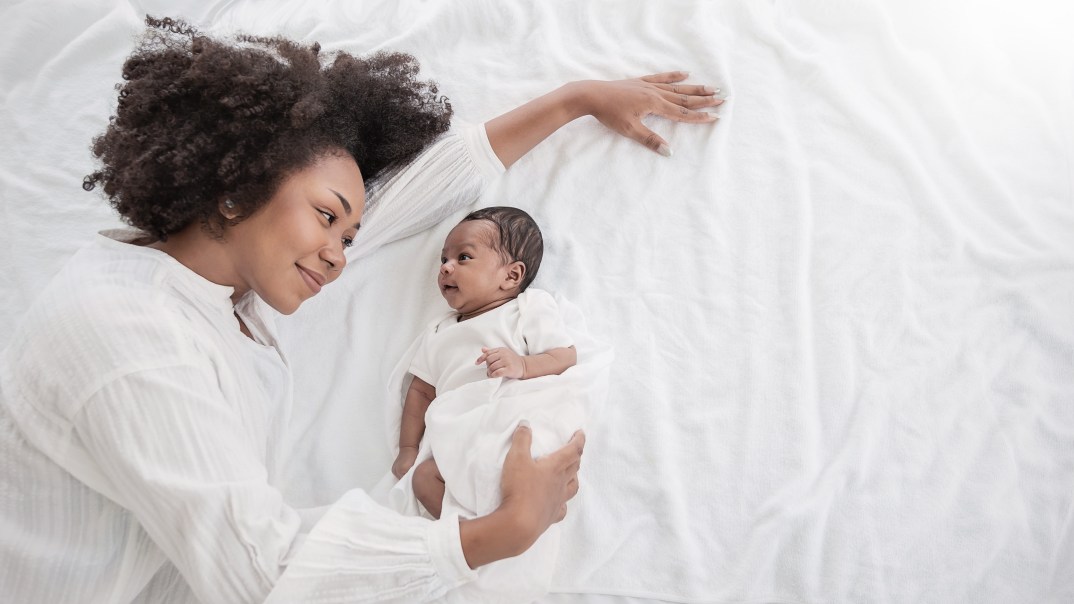Mental Health Awareness Month kicks off with an urgent report on Black maternal mental health
A new report found that maternal mental health is a leading cause of maternal mortality, especially for Black mothers.

As Mental Health Awareness Month is commemorated each May, this year, experts in the field are sounding the alarm about a leading cause of maternal mortality: maternal mental health.
Earlier this year, a study published by JAMA Psychiatry found that 1 in 4 maternal deaths were caused by mental health issues, ranging from suicide to drug overdoses. This rate, according to CNN, is double the rate of maternal deaths caused by postpartum hemorrhage, the second leading cause.
“The contribution of mental health conditions to the maternal morbidity and mortality crisis that we have in America is not widely recognized,” Dr. Katherine Wisner, associate chief of perinatal mental health at Children’s National Hospital and co-author of the evidence review, said in a news release, per CNN. “We need to bring this to the attention of the public and policymakers to demand action to address the mental health crisis that is contributing to the demise of mothers in America.”
The review, which looked at 30 recent studies and 15 historical references, found that women are at a higher risk for new mental health conditions during pregnancy and immediately following giving birth. A report cited in the review indicated that 14.5% experience an episode of depression during pregnancy, while an additional 14.5% may experience an episode in the first three months after giving birth. Despite the prevalence, Wisner noted that only 20% of women are screened for postpartum depression.
As Black women remain among the most at risk for maternal mortality, they are also disproportionately impacted by maternal mental health.
The study notes how circumstances — including prenatal stress, financial stability, and immediate environment — have a leading impact on the outcome of pregnancy, all situations that can affect Black women at disproportionate rates. There is further evidence that this is an urgent concern for Black mothers. According to the Centers for Disease Control and Prevention, while America continues to have the highest overall maternal mortality rate of any industrialized nation, Black women die 2.6 times higher than white women.
Recommended Stories
The Maternal Mental Health Leadership Alliance reported that Black mothers are also twice as likely to experience maternal mental health conditions but are half as likely to receive treatment compared to white mothers. The organization also notes that roughly 40% of Black mothers experience maternal mental health conditions.
Speaking to CNN on Maternal Mental Health Day on May 1, Dr. Leana Wen, an emergency physician and adjunct associate professor at George Washington University, explained why addressing this issue is paramount.
“Mental health is an essential part of overall health. By itself, mental health influences well-being and has a major impact on the physical health of both the woman and her baby,” she said.
From celebrity mothers like Halle Bailey, who recently spoke up about postpartum depression, to Elaine Welteroth and Serena Williams launching the birthFUND to provide mothers with the funds to afford midwifery and doula services, there are many initiatives and advocates working to bring awareness and solve the issue.
As the study makes clear, addressing maternal mental health is a crucial holistic step in addressing the wider Black maternal health crisis.
Dr. Wen added, “Good health during and after pregnancy starts well before pregnancy and giving birth. It’s crucial for women — and everyone — to seek assistance for mental health conditions.”








